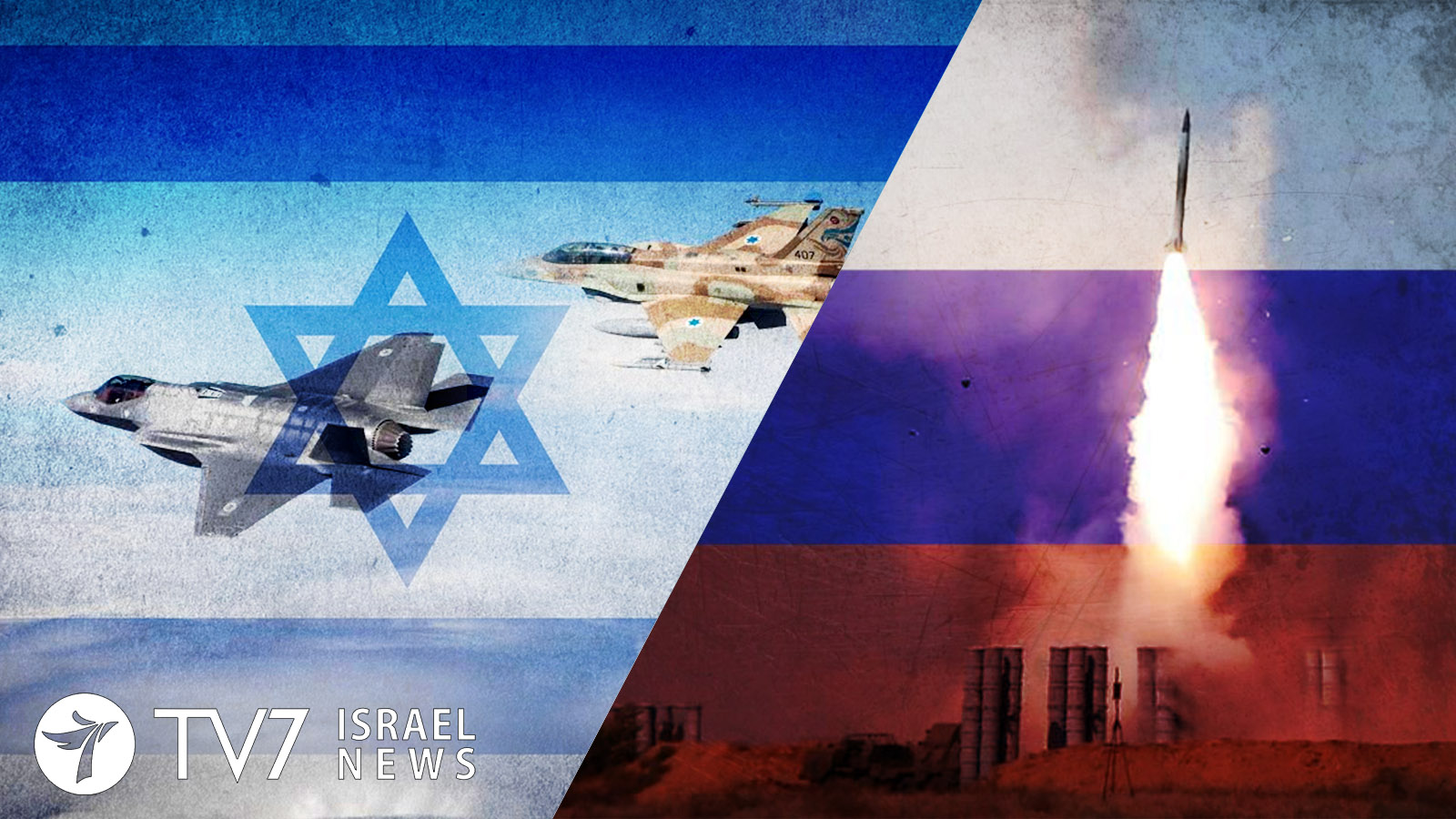Prime Minister Benjamin Netanyahu held a meeting with Russian President Vladimir Putin today, during which the two leaders focused their discussions on the coordinated-mechanism between the Russian and Israeli militaries and Jerusalem’s demand to prevent the Islamic Republic of Iran from entrenching itself militarily in Israel’s northern neighbor, Syria.
Prior to boarding his plane in Ben Gurion International Airport, Netanyahu emphasized the importance of his trip, and disputed claims that referred to this meeting with Putin as the first since Syrian forces mistakenly downed a Russian reconnaissance aircraft during an Israeli operation against Iranian targets in Syria. According to the Israeli Prime Minster, “It is not correct that this is my first meeting with him since the Ilyushin plane was downed by Syrian forces because I met with him In Paris and we discussed that we would meet again, and we are doing just that. Since then, of course, we have spoken by telephone several times including a few days ago.”
The Israeli leader further stressed the importance of ensuring deconfliction between the Russian and Israeli militaries, to prevent the dangers of “friction and clashes” between the forces. “The conversation will certainly deal with several issues, but from our point-of-view, the focus of the talks will be preventing Iran from entrenching in Syria, the entrenchment of a country which explicitly says that its goal is to wipe us out. You know that when I say we are acting against this, these are no empty words. Of course, I will go into details with President Putin as we do in order to ensure that the Russian military and the IDF coordinate in such a manner so as to prevent friction and clashes between us. This has succeeded up until now and it is important that it also succeed in the future. This is the main goal for which I am traveling to Moscow; there are other goals,” Netanyahu said.
It is important to note that since September of 2018, the Russian and Israeli relationship has been tested with regard to the Syrian front. According to Professor Efraim Inbar, President of the Jerusalem Institute for Strategy and Security who frequently joins us on TV7’s Jerusalem Studio panels, “Israel is eager to strengthen the two countries’ coordination of military activities in Syria and prevent further friction between the two sides.” Prof. Efraim Inbar further expanded that “With the leadership of Russia, which is of course, Putin. (We have) to try to make sure that we (Israel) do not get into conflict with the Russians. We have freedom of action to go after Iranian targets, so this has to be clarified once again to the Russians.”
